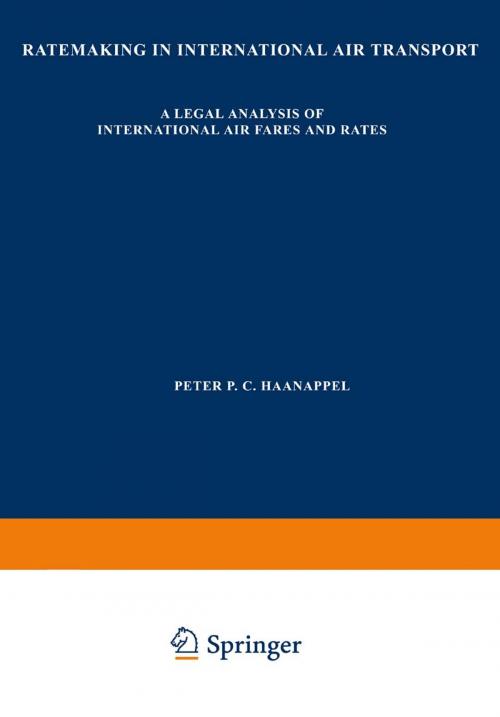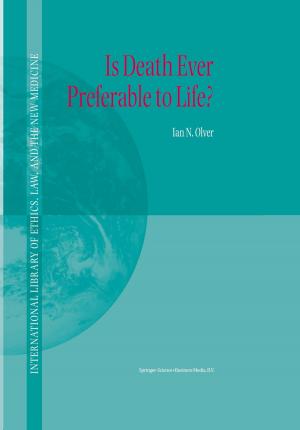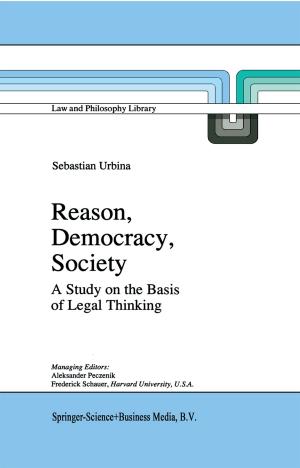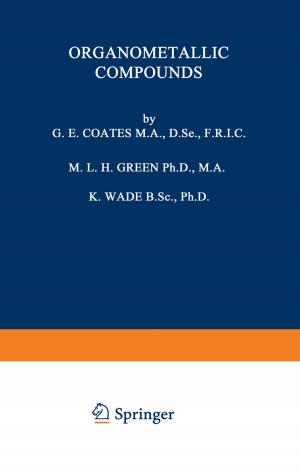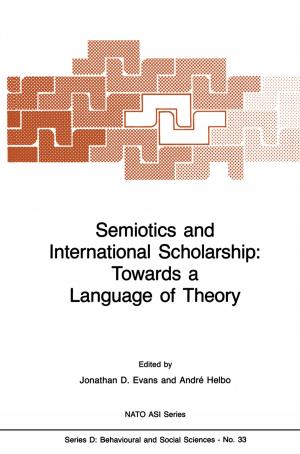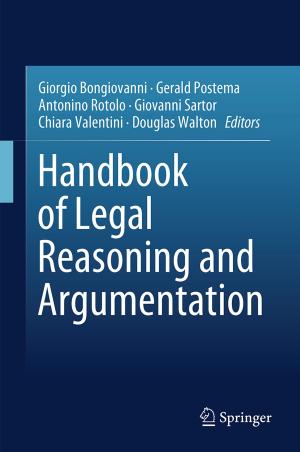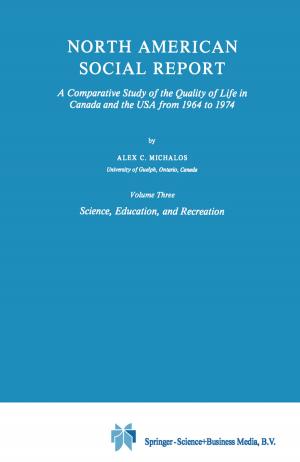Ratemaking in International Air Transport
A Legal Analysis of International Air Fares and Rates
Nonfiction, Reference & Language, Law, International| Author: | Peter Haanappel | ISBN: | 9789401744652 |
| Publisher: | Springer Netherlands | Publication: | June 29, 2013 |
| Imprint: | Springer | Language: | English |
| Author: | Peter Haanappel |
| ISBN: | 9789401744652 |
| Publisher: | Springer Netherlands |
| Publication: | June 29, 2013 |
| Imprint: | Springer |
| Language: | English |
Ratemaking in international air transport is a matter of vital importance for airlines, consumers and Governments. For airlines, because the level of international air fares and rates forms one of the bases of their profit-making ability. For consumers, because that level determines whether they can afford the use of international air transport. For Governments, because they, as the guardians of the interests of both the airlines and the consumers, have the task to strike a just balance between those interests. International air fares and rates are of two kinds: scheduled and non-scheduled. The International Air Transport Association (lATA), the trade association of the world's scheduled international airlines, determines, under Governmental supervision and control, uniform fares and rates for scheduled international air services. These services account for approximately seventy-five percent of total international air traffic. The remaining twenty-five percent consists of non scheduled, or charter international air services. International charter air fares and rates are by and large set by the free forces of the marketplace, and compete with scheduled international (lATA) air fares and rates. This book studies both scheduled and charter international air fares and rates. It examines the role of airlines, airline asso ciations and Governments in the international ratemaking process. Furthermore, it analyses the competitive relationship between charter and scheduled international air fares and rates.
Ratemaking in international air transport is a matter of vital importance for airlines, consumers and Governments. For airlines, because the level of international air fares and rates forms one of the bases of their profit-making ability. For consumers, because that level determines whether they can afford the use of international air transport. For Governments, because they, as the guardians of the interests of both the airlines and the consumers, have the task to strike a just balance between those interests. International air fares and rates are of two kinds: scheduled and non-scheduled. The International Air Transport Association (lATA), the trade association of the world's scheduled international airlines, determines, under Governmental supervision and control, uniform fares and rates for scheduled international air services. These services account for approximately seventy-five percent of total international air traffic. The remaining twenty-five percent consists of non scheduled, or charter international air services. International charter air fares and rates are by and large set by the free forces of the marketplace, and compete with scheduled international (lATA) air fares and rates. This book studies both scheduled and charter international air fares and rates. It examines the role of airlines, airline asso ciations and Governments in the international ratemaking process. Furthermore, it analyses the competitive relationship between charter and scheduled international air fares and rates.
